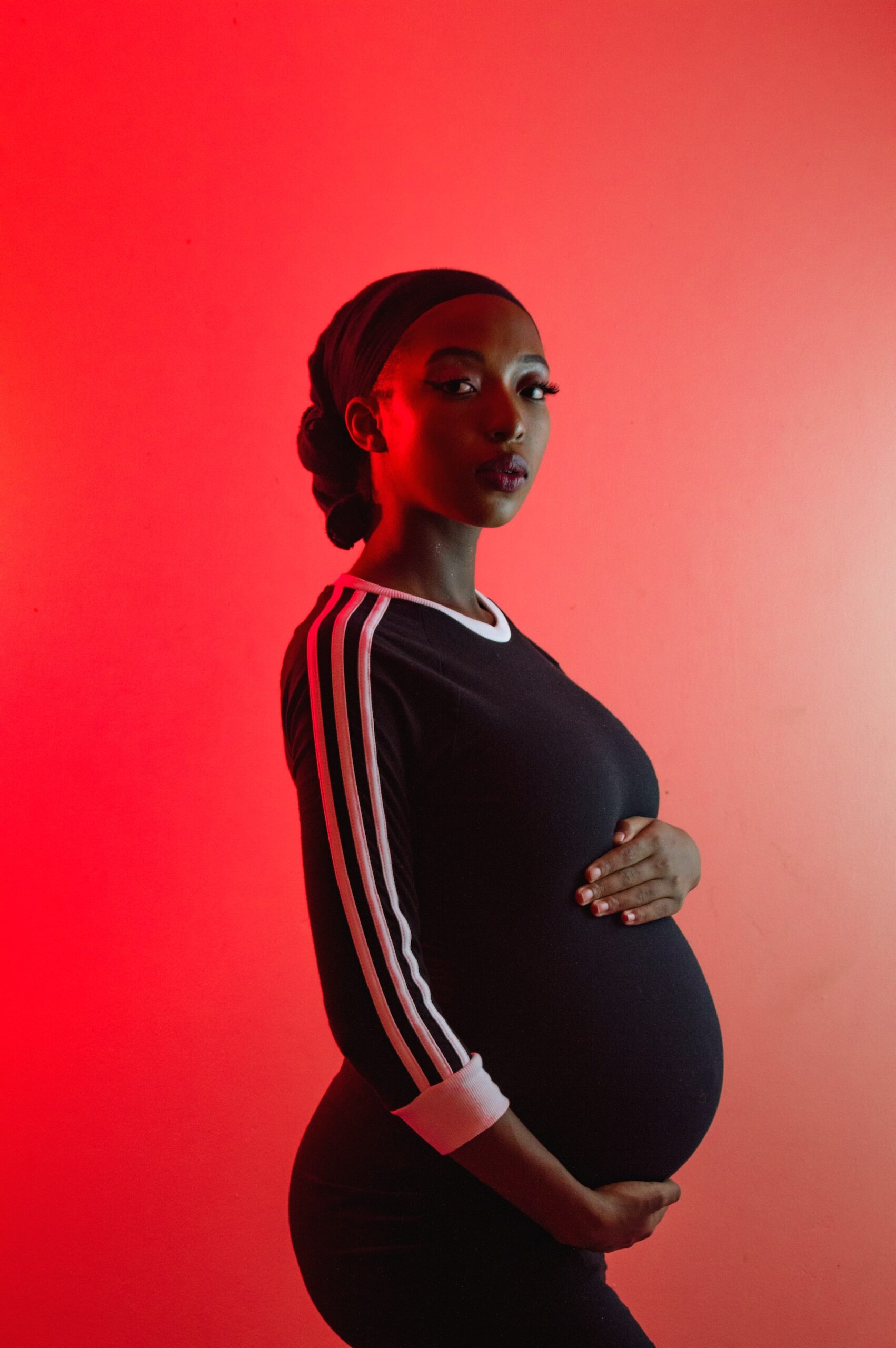Do you recognize the first pregnancy signs? Find out what signs of sickness and exhaustion to look out for.
Are you may be pregnant? The positive pregnancy test results are conclusive evidence (to read more, visit this site). A woman may begin to worry or hope she is pregnant long before she really misses her period. Be aware of the early pregnancy symptoms and their causes.
Normal Pregnancy Symptoms
Some of the earliest pregnancy symptoms could include:
• A period has been missed.
Women of reproductive age who have gone a week or longer without the onset of their monthly cycle may be pregnant.
But if your menstrual cycle is erratic, this symptom may not be all it seems.
• Breasts that are tender and swollen.
Hormonal shifts in the first trimester can make your breasts tenderer.
The pain should lessen after a few weeks as your body adjusts to the new hormones.
• Nausea or vomiting.
You may get morning sickness anytime or night during the first two months of pregnancy.
While some females experience morning sickness as early as their first trimester, others never have this problem.
There is some uncertainty about why nausea occurs during pregnancy, but hormones may play a role around this time.
• Extra water loss through urine.
A higher frequency of urination is possible.
During pregnancy, your kidneys process additional fluid in your bladder because of the increased blood volume in your body.
• Fatigue.
In the beginning, one of the most common pregnancy symptoms is fatigue.
No one has pinpointed exactly why tiredness is so common in the first three months.
However, drowsiness could be caused by the quick increase in progesterone levels in early days.
Other Pregnancy Symptoms
Some of the less visible pregnancy symptoms that may appear in the first trimester include:
• Moodiness.
Hormonal fluctuations in early pregnancy might make a woman feel overly sensitive and tearful.
Mood changes are also rather prevalent.
• Bloating.
Pregnancy hormones might make you feel puffy at the beginning of your pregnancy, not unlike how you might think at the beginning of your period.
• Spots of light.
Possible early pregnancy symptoms include a few light spots.
The fertilized egg attaches to the uterine lining 10-14 days after conception, causing implantation hemorrhage.
In most cases, implantation bleeding coincides with a woman’s expected period. On the other hand, not all females have it.
• Cramping.
Mild uterine cramping is expected during the first trimester for some women.
• Constipation.
Constipation is a common symptom of a sluggish digestive tract brought on by hormonal shifts.
• Rejection of some foods.
Pregnancy can alter your sense of smell and taste, making you more sensitive to particular flavors and odors.
Hormonal shifts are responsible for these dietary preferences, as they are for most other symptoms.
• Nasal stuffiness.
The swelling, dryness, and easy bruising of the nasal mucous membranes are all symptoms of increased hormone levels and blood production.
This could lead to nasal congestion or discharge.
Are You Truly Expecting A Child?
The majority of these symptoms can be experienced at any time of life.
The onset of illness or the arrival of your period may be reflected in a few of them.
Similarly, it is possible to be pregnant despite not displaying many signs.
However, if you don’t have a period and you’re experiencing any of the above symptoms, you should either take a home pregnancy test or consult a doctor.
Make an appointment with your doctor if your home test is positive.
Prenatal treatment can begin when a pregnancy is confirmed as soon as possible.
Get in the habit of taking a prenatal vitamin every day if you are trying to conceive or are already pregnant.
Your baby’s growth and development can be aided by the vitamins and minerals found in prenatal vitamins, such as folic acid and iron.
